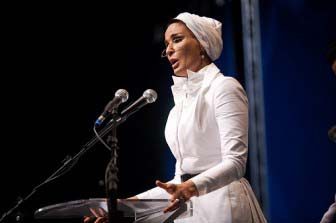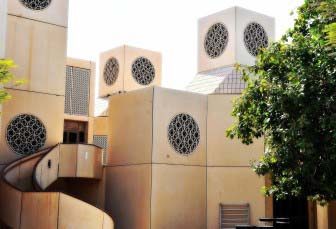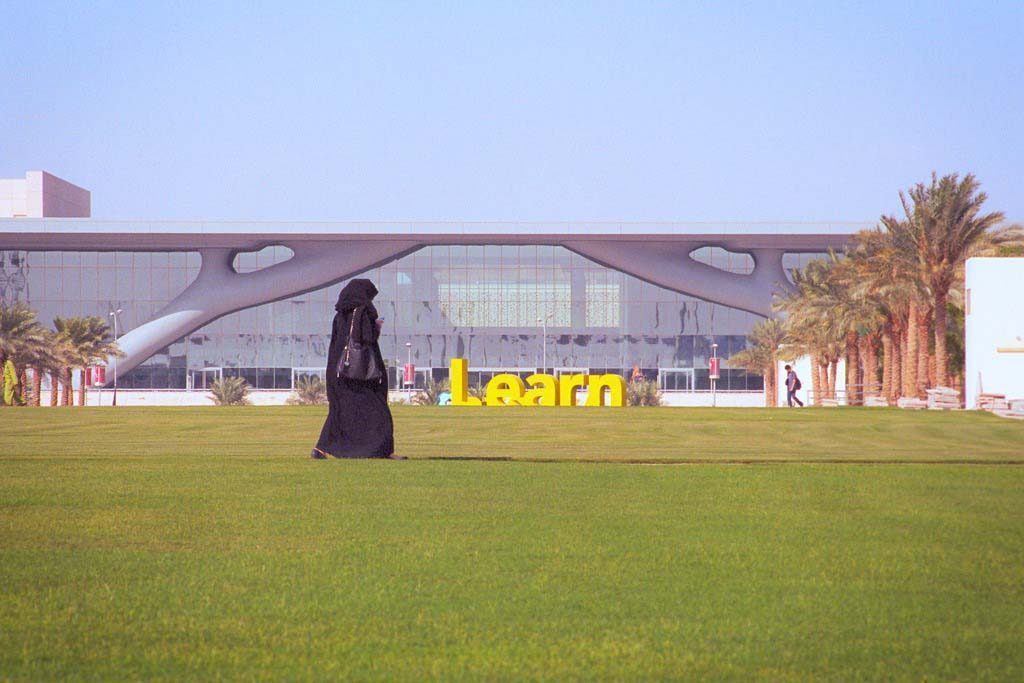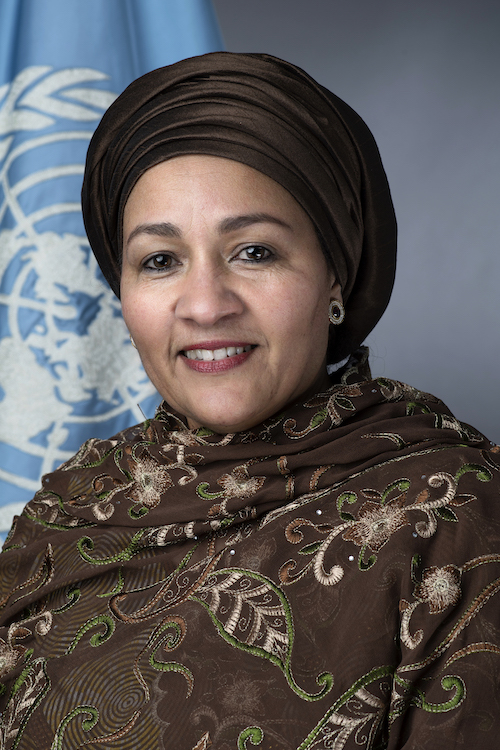
The collection of foreign universities that comprise Qatar’s Education City today was originally intended to be far less diverse, according to the country’s former first lady Sheikha Moza bint Nasser.
Speaking to the Washington Post recently, the Qatar Foundation chairperson said that QF had initially negotiated with the University of Virginia to create a branch campus here that included programs in medicine, engineering and others.
But that deal was scrapped in 1999 after the university’s board voted against it, due to concerns about “selling” the school to Qatar, the newspaper reported.

“They regretted their decision,” the Washington Post quoted Sheikha Moza as saying. “With oil, we also have substance.”
Now, Virginia Commonwealth University operates a design school here, while other American institutions such as Weill Cornell and Texas A&M have opened their own branch campuses specializing in medicine and engineering, respectively.
In speaking about Education City – something many have called a grand experiment – Sheikha Moza talked about the goal of creating a knowledge-based society, something Qatar has been working toward for years.
“We are not doing it for the sake of things to be different, or to be modern,” she was quoted as saying. “Education is a cornerstone for our development and advancement.”
Blowback
According to the newspaper, she added that so far she has not seen any backlash against Education City.

However, co-ed classes, Western curriculums and massive financial outlays have not always sat well with Qatar residents.
There has also been controversy about the universities’ budgets relative to what the government spent on Qatar University (QU), where the majority of nationals matriculate.
In 2012 for example, some QU students expressed disappointment and bitterness over the lavish graduation ceremonies that were held for Education City students.
Columnists in Arabic-language newspapers chimed in, criticizing the “elitism” of American universities and the opportunities available to its graduates compared to the standards set by QU.
Some foreign policy observers have argued that some of Qatar’s political leaders feel the same way and are currently reexamining how the government financially supports Education City.
Finances
The Washington Post feature also includes a glimpse into the finances of several of the universities operating in Education City.
According to the newspaper, QF gave more than $225 million to support the operations of Georgetown University in Qatar, Weill Cornell Medical College in Qatar and Northwestern University in Qatar in 2014 alone.
Comparable figures for the other schools were not available.

Over the last year, QF appears to have been reducing its funding for universities operating at Education City.
That has led to a hiring freeze and reduced working hours for students employed in on-campus jobs as receptionists, teaching assistants, dorm fellows and research assistants.
Meanwhile, some activities and initiatives are also being scaled down, with many schools moving their graduation ceremonies from the Qatar National Convention Center to the universities’ respective campuses, according to NU-Q student publication the Daily Q.
The budget cuts come at a time when many state-backed companies and government-funded organizations are being forced to tighten their belts as Qatar grapples with lower revenues from the sale of oil and gas.
But in a recent research paper, King’s College London lecturer David Roberts argued that senior government officials may also have less enthusiasm for Education City than their predecessors:
“Qatar Foundation seemed to suffer particularly heavily in the cuts. While this is not surprising given that it is a high-profile, expensive venture, there are suggestions that the new government wanted to reduce the size of the organization.
Tamim bin Hamad, unlike several brothers and sisters, did not attend any U.S. or British universities and has never shown any particular interest in the project. Moreover, like the very best universities in the United Kingdom and United States, the Education City universities are seen as elitist.”
As Education City continues to mature, however, its proponents are looking for ways of diversifying its revenues.
Sheikha Moza told the Washington Post that she’s looking for other funding sources to cover certain expenses and has asked Cornell benefactor Sanford Weill to endow financial aid for students in Qatar.
So far, she has yet to receive an answer.
“I’m waiting,” Sheikha Moza was quoted as saying.
Thoughts?







